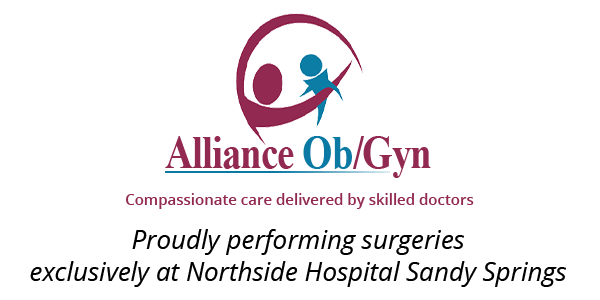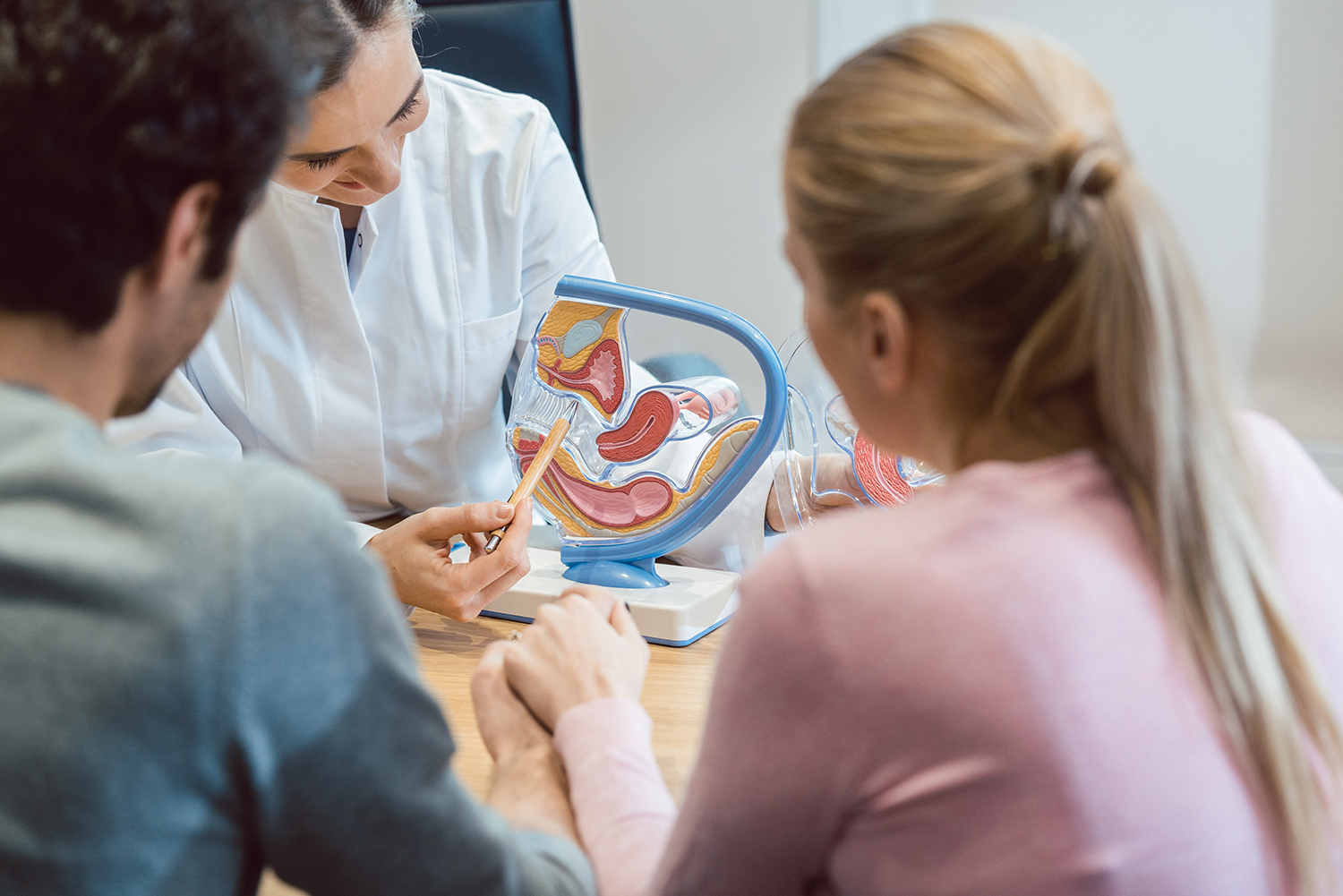
Breast Cancer Awareness Month: Why Early Detection is Key
October is Breast Cancer Awareness Month, a vital time to focus on breast cancer prevention, early detection, and supporting those affected by this disease. At Alliance Ob/Gyn in Alpharetta, GA, we are committed to educating women about the importance of breast health. Understanding breast cancer, recognizing risk factors, and knowing how to detect changes early can save lives.
What is Breast Cancer?
Breast cancer occurs when cells in the breast begin to grow uncontrollably, forming a mass called a tumor. While not all tumors are cancerous, malignant tumors can spread to other parts of the body if not detected early. Early detection through regular screenings and self-exams is essential for increasing survival rates and improving treatment outcomes.
Common Risk Factors for Breast Cancer
Breast cancer can affect anyone, but some factors increase the likelihood of developing the disease. Common risk factors include:
- Age: The risk of breast cancer increases with age, especially after 50.
- Genetics: A family history of breast cancer, particularly involving close relatives such as a mother or sister, raises your risk.
- Hormonal Factors: Early menstruation (before age 12) and late menopause (after age 55) may increase breast cancer risk.
- Lifestyle Factors: Alcohol consumption, smoking, lack of physical activity, and being overweight can all contribute to higher risk.
Understanding these risk factors allows women to take proactive steps to monitor their health and discuss concerns with their healthcare provider.
Signs and Symptoms to Watch For
Early detection is key in breast cancer prevention, and knowing the signs and symptoms can make a significant difference. Women should be aware of the following changes in their breasts:
- Lumps: The most common sign of breast cancer is a lump or mass in the breast. It may feel firm or different from the surrounding tissue.
- Breast or Nipple Pain: Persistent pain in one area of the breast or nipple can indicate an issue.
- Nipple Discharge: Any unusual discharge, particularly if it’s bloody, should be evaluated by a healthcare professional.
- Changes in Breast Size or Shape: Unexplained swelling, shrinking, or changes in the shape of the breast can be a warning sign.
- Skin Changes: Redness, dimpling, or thickening of the skin around the breast or nipple area can indicate breast cancer.
Importance of Early Detection
- Mammograms Save Lives: Regular mammograms are the best method for detecting breast cancer early, even before symptoms arise. Women over the age of 40 should get yearly mammograms, while those with a higher risk may need to start earlier.
- Self-Exams Matter: In addition to clinical screenings, monthly breast self-exams can help women recognize any unusual changes early.
- Routine Doctor Visits: Regular check-ups with your OB/GYN are essential for overall health and early cancer detection.
How Alliance Ob/Gyn Can Help
At Alliance Ob/Gyn in Alpharetta, GA, we offer personalized care and support to help women stay on top of their breast health. Whether you need guidance on scheduling mammograms, advice on performing self-exams, or genetic counseling to assess your risk factors, we are here to support you throughout your journey.
If you’re concerned about your breast health or need to schedule a screening, contact us today here.
Further Reading: www.komen.org



